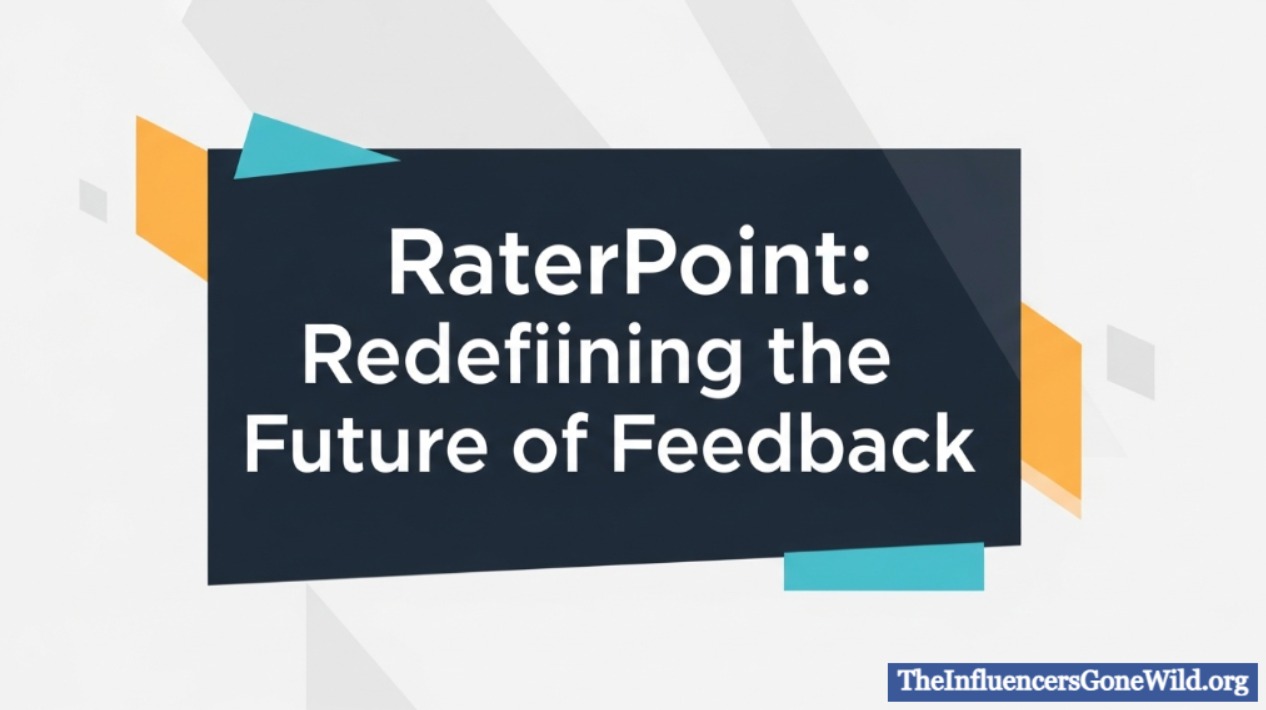Introduction
In today’s fast-moving digital culture, certain terms and expressions rise from niche communities and become mainstream phenomena.
One such term is fmybrainsout. Whether it’s encountered on forums, social media platforms, or within entertainment spaces, the phrase sparks curiosity. What does it mean? Why has it gained traction? And more importantly, what can we learn from it in terms of culture, psychology, and communication?
This article provides a comprehensive, research-driven exploration of fmybrainsout—covering its origins, uses, implications, and relevance in today’s world.
What Does fmybrainsout Mean?

At its core, fmybrainsout is an informal, digital-age expression. It combines the emotional intensity of venting frustrations with the exaggerated flair of online communication.
- Literal interpretation: “F my brains out” is a dramatic phrase implying overwhelming impact—whether from emotions, events, or experiences.
- Figurative use: It is often used humorously or sarcastically to describe something that is mentally draining, shocking, or overwhelming.
- Modern adaptation: Online, fmybrainsout has become a meme-like keyword, applied in contexts ranging from stress and confusion to exaggeration for comedic effect.
Origins of fmybrainsout in Digital Culture
Expressions like fmybrainsout are not random; they reflect internet language evolution.
The Rise of Hyperbolic Phrases Online
Online communities thrive on exaggeration for humor and relatability. Similar phrases—like “mind blown,” “brain melt,” or “I can’t even”—have existed for years. fmybrainsout follows the same pattern, but adds a raw, rebellious twist.
Community Adoption and Virality
- Forums & Reddit threads: Terms like fmybrainsout first circulate in niche groups before spreading widely.
- Memes & TikTok: Visual culture plays a major role in cementing terms into mainstream consciousness.
- Pop culture influences: Musicians, comedians, and influencers sometimes adopt edgy phrases, accelerating their spread.
The Psychological Appeal of fmybrainsout
Why do people gravitate toward using such a phrase instead of conventional language?
Expression of Overwhelm
The phrase captures extreme feelings in a concise, powerful way—whether stress, excitement, or frustration.
Humor as a Coping Mechanism
By exaggerating with “fmybrainsout,” users often turn negative emotions into humor, making it easier to relate to others online.
Group Identity and Belonging
Language fosters digital in-groups. Using trending terms like fmybrainsout signals cultural awareness and connects individuals to online communities.
How fmybrainsout Is Used in Different Contexts
Entertainment and Media
- Reaction phrases: Fans may use fmybrainsout to describe how a shocking TV episode or song left them stunned.
- Comedic exaggeration: Stand-up comics or satirical writers may employ it for punchlines.
Everyday Social Media Language
- Twitter/X: Used to dramatize mundane frustrations (e.g., “Work emails are going to fmybrainsout today”).
- Instagram captions: Paired with memes or images for relatability.
- TikTok comments: Frequently seen as a dramatic reaction to viral videos.
Gaming Communities
In gaming, where emotions run high, fmybrainsout often describes:
- Losing repeatedly in a tough level.
- Facing relentless opponents.
- Experiencing bugs or glitches that frustrate players.
Cultural Impact of fmybrainsout
Shaping Online Communication
Slang like fmybrainsout makes digital conversations more vivid and expressive.
Influence on Generational Language
Gen Z and Millennials, who dominate meme culture, drive such terms into popularity. Over time, these phrases often influence advertising and marketing language too.
Potential Risks of Misinterpretation
Because fmybrainsout is edgy, it can sometimes be misinterpreted in formal or cross-cultural settings. Not everyone may perceive it as humorous.
The Broader Linguistic Trend
Linguists note that online slang tends to move through three phases:
- Niche usage: Limited to certain subcultures.
- Mainstream adoption: Spread via memes, influencers, and viral content.
- Normalization or decline: Either it becomes accepted in broader culture or fades as trends evolve.
fmybrainsout currently sits between mainstream adoption and normalization, showing how rapidly internet-driven language evolves.
Practical Applications of Understanding fmybrainsout
For Marketers
- Helps in resonating with younger audiences.
- Useful in creating viral content strategies.
For Educators and Parents
- Provides insights into how youth communicate.
- Opens doors for healthy conversations about online behavior and expression.
For Mental Health Awareness
Understanding exaggerated phrases like fmybrainsout helps professionals recognize when humor masks deeper struggles with stress, anxiety, or burnout.
Actionable Insights on Navigating Terms Like fmybrainsout
- Stay updated on internet slang to remain culturally aware.
- Use with caution in professional settings to avoid misinterpretation.
- Leverage relatability when building online communities or marketing campaigns.
- Observe context—tone, platform, and audience matter greatly.
Conclusion
The term fmybrainsout is more than slang; it’s a lens into how people cope with emotions, bond in online spaces, and shape digital culture. By studying such phrases, we uncover the creativity, humor, and sometimes struggles of modern communication.
From entertainment to psychology, its presence highlights the power of language in human connection. Whether or not the term remains popular, the dynamics it represents will continue to define how we express ourselves in the digital age.
FAQs
Q1: Is fmybrainsout a negative phrase?
Not always. It can be negative when expressing frustration but is often used humorously to exaggerate emotions.
Q2: Who uses fmybrainsout the most?
Primarily younger generations, online communities, and meme culture participants.
Q3: Is fmybrainsout appropriate in professional communication?
Generally no. It’s best reserved for informal, casual, or entertainment contexts.
Q4: Will fmybrainsout remain popular?
Like many internet trends, its popularity may fade, but its influence on digital language will remain.
Q5: Can fmybrainsout indicate stress?
Yes. While often humorous, frequent usage in certain contexts might reflect real feelings of overwhelm.



